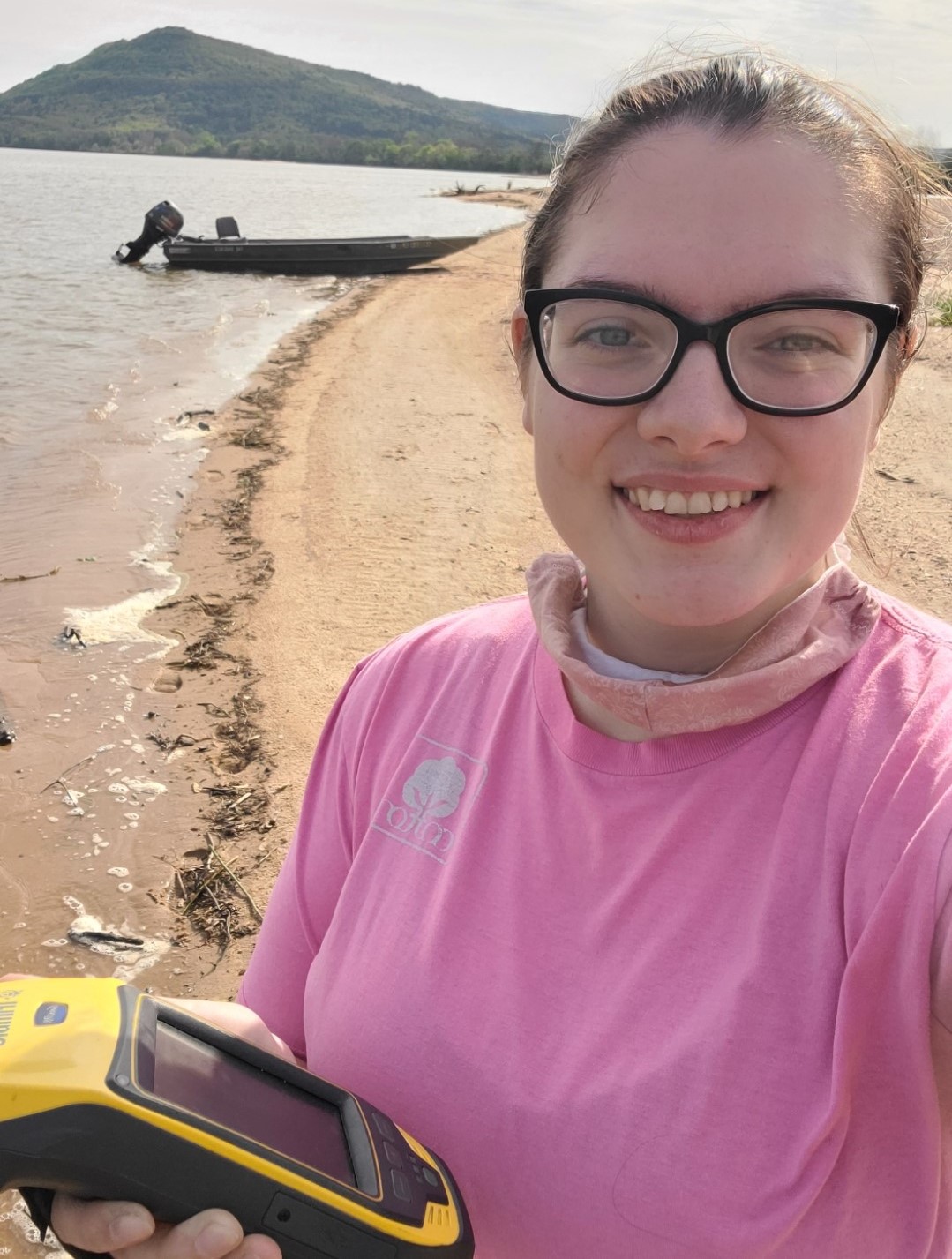 Carice godbey
Carice godbey
Faculty Advisor:
Thesis title:
Bio and Research interests:
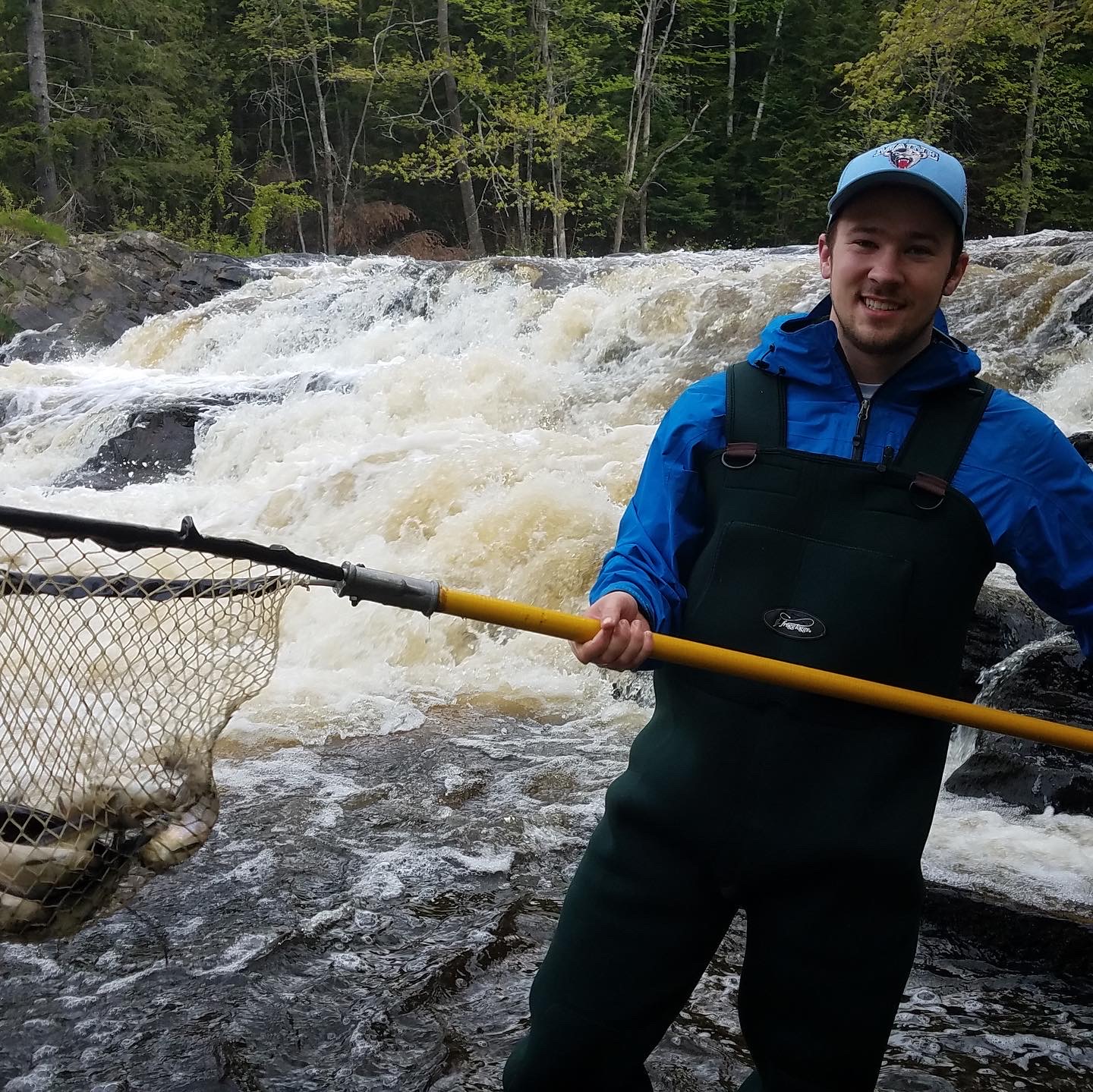 Anthony Zenga
Anthony Zenga
Faculty Advisor:
Thesis title:
Research interests: I received my bachelors degree in Wildlife Ecology with a Fisheries concentration from the University of Maine. After graduating, I worked as a fish intern for the American Conservation Experience in Shenandoah National Park, and worked as a hatchery technician for the Prince William Sound Aquaculture Corporation. My thesis will be looking at how roadside crossing barriers impact fish assemblage and habitat, specifically in the Northwest Karst region of Arkansas where present and historical sites of Arkansas and Least darter are found.
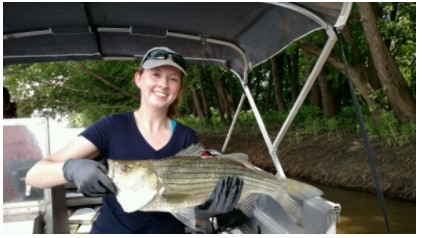 Emily Jonagan
Emily Jonagan
Faculty Advisor:
Thesis title:
Bio and Research Interests:
I grew up in St. Louis, MO, then made my way to Cincinnati, OH to complete my bachelor's degree in Environmental Science. After graduating, I held an aquatic ecology technician position with the Illinois Natural History Survey (INHS). While with the INHS, I decided I wanted to further my education in fisheries science and move states again! I am currently working on processing and analyzing genetic samples from Sauger collected in the Arkansas River during the last two winters. My goal is to evaluate how environmental separation and the construction of dams have impacted the genetic population structure of Sauger in this region. I hope to work as a fisheries biologist for a local or federal agency, preferably with imperiled species, after receiving my master's degree.
 Anju Ghimirey
Anju Ghimirey
Faculty Advisor:
Thesis title:
Bio and Research interests:
My name is Anju Ghimirey, and I moved to Arkansas in July to begin my graduate studies at Arkansas Tech University. I am looking at mark and recapture and tail break frequency of Sceloporus consobrinus (prairie lizard) in three different types of habitats in central Arkansas. Though born in Nepal, I lived in Pennsylvania for a good half of my life. I received my bachelor’s degree in Environmental Science from Lebanon Valley College (LVC) in Annville, PA, where I did my undergraduate thesis on the effect of road salt on aquatic carnivorous bladderworts.
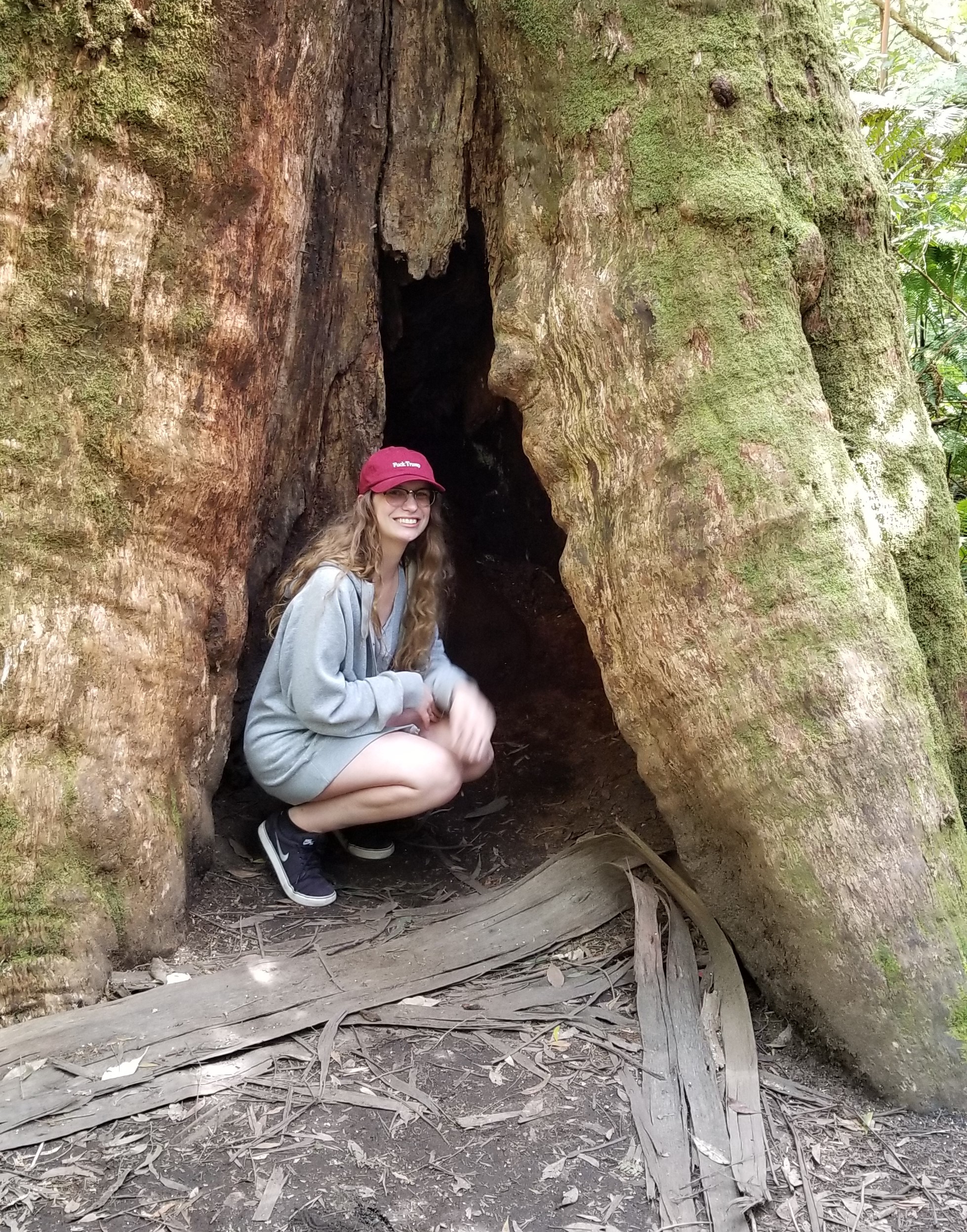 Kristi Patterson
Kristi Patterson
Faculty Advisor:
Thesis title:
Bio and Research interests:
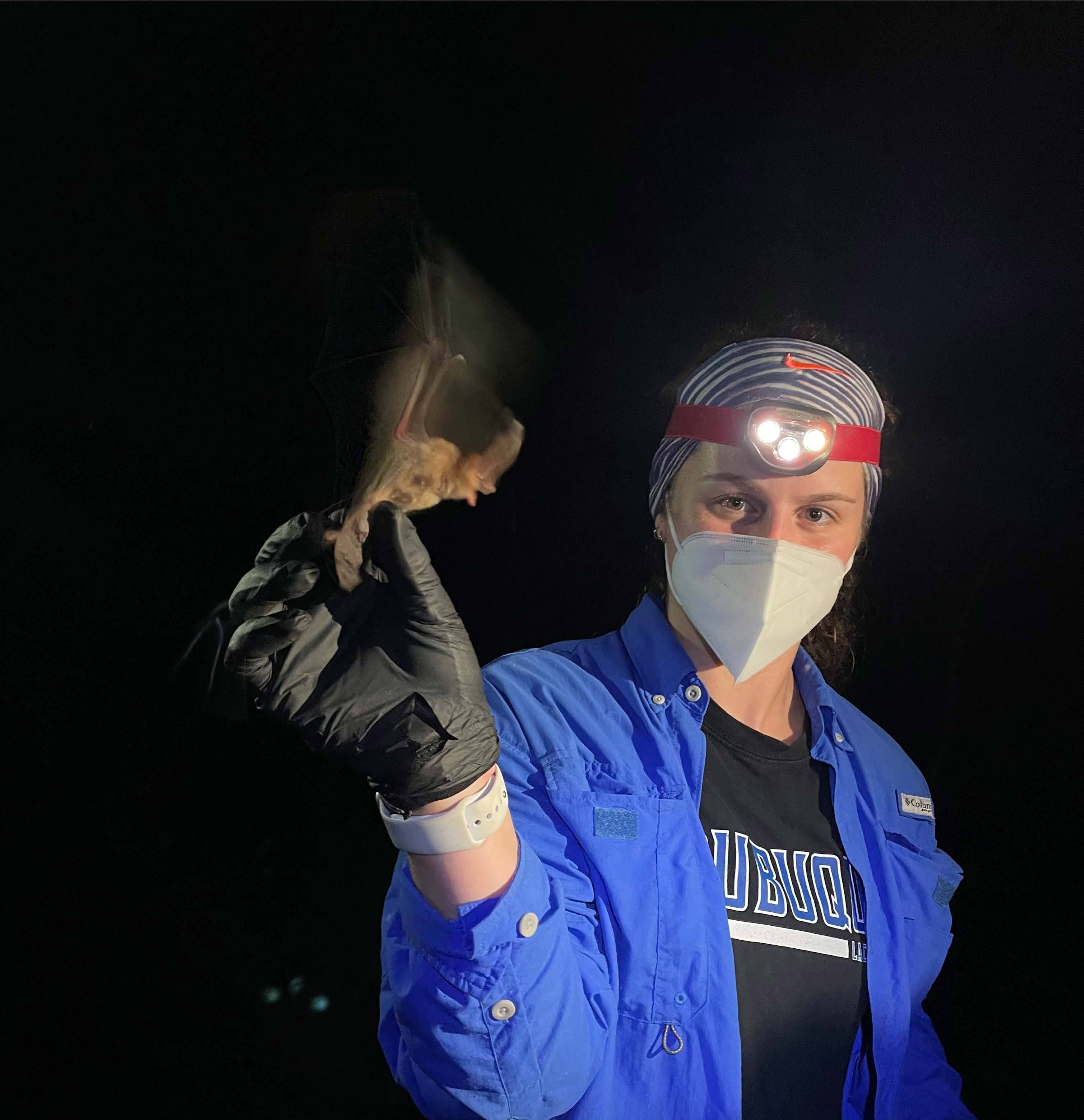 Gemma Keegan
Gemma Keegan
Faculty Advisor:
Thesis title:
Bio and Research interests:
My name is Gemma Keegan, and I will be working with Ozark Big-eared Bats in the Ozark National Forest of Arkansas. I am interested in feeding habits and foraging patterns of these bats as well as insect biodiversity at sites close to maternity roosts. I received my bachelor's degree in Biology and Environmental Science from the University of Dubuque in Dubuque, Iowa, where I worked with native bats studying the impact of nocturnal insect light traps on activity patterns.